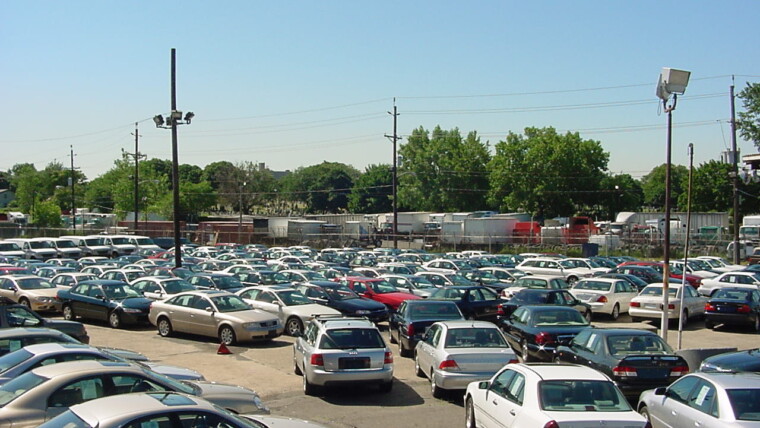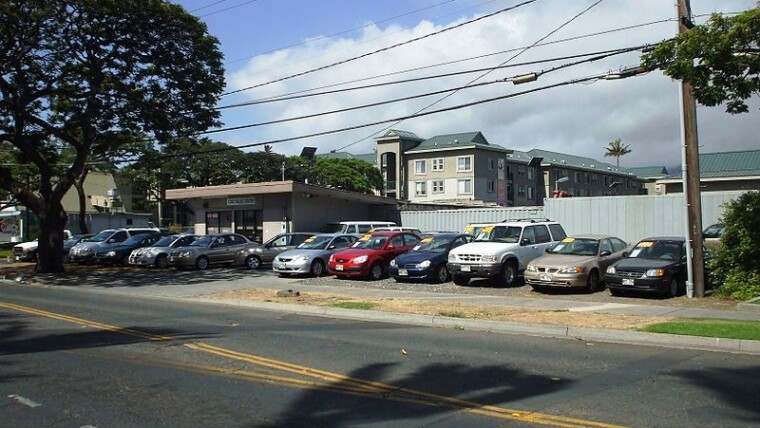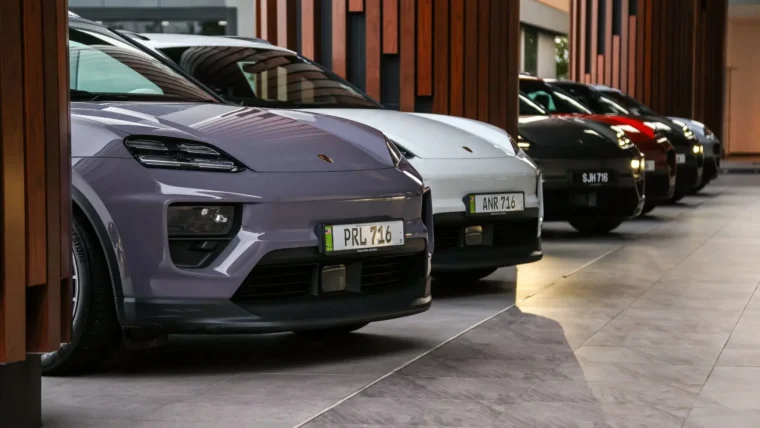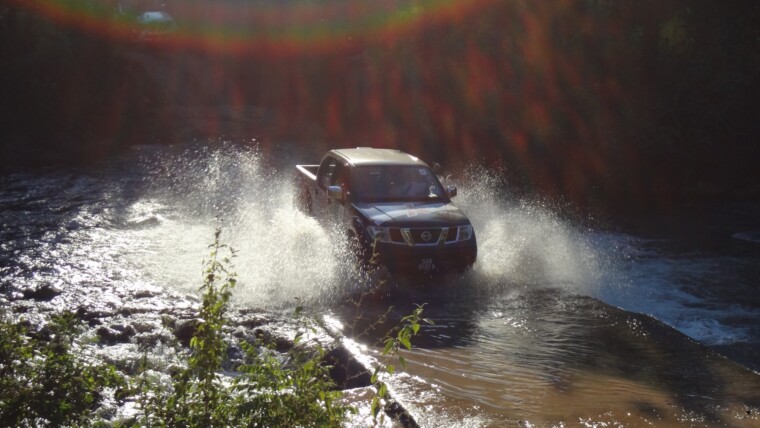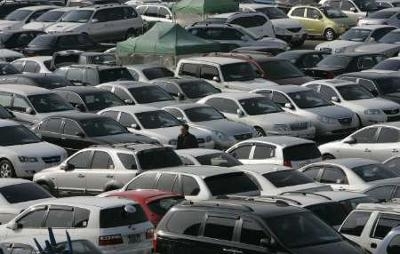
Previously in our article here, we concluded that there are actually lot more choices for used cars for the price of a new car. However, before we proceed to recommend used cars, there are quite a number of items used car buyers should know and understand as after all, finding a quality used car is equivalent to finding the ‘heart of the ocean’ diamond on the Titanic.
Team AF has compiled a useful guide for hunting and buying used cars.
BEFORE YOU START HUNTING, HERE’S WHAT YOU NEED TO KNOW FIRST
- First and foremost, identify how much you have to spend on buying a used car, and whether or not you’re going to buy it cash, or take a loan. You may not able to get much of a loan when a car aged more than nine years. Or any loan at all for anything older.
- The interest rate for used cars tends to be higher than new cars. Consider a few bank offers before taking one. Remember, interest dictates how much you’re going to end up paying monthly for that car, so work out something that you are comfortable with.
- While used cars are cheaper than new cars, be prepared to allocate some amount of money for inspection fees (if you’re buying from a used car dealer, they will likely foot this bill), and replacement for wear and tear parts. It’s great for you to have a mechanic friend to go along with you when viewing a used car that you’re really keen on (more on that later).
- After a list of car model choices have been identified, do research on-line and even auto forums (best is to go to the model’s official forums/club) to identify what are the potential problems this car will have, the fuel economy, possible long-term shortcomings, etc. as well as gauge the opinions of the owners of this model.
- Patience is all you need. Never rush into buying a used car.
THE REAL DEAL, VISITING THE USED CAR
- At best, go to a personal car sale as the owners tend to be more forthright about the condition of the car. Be vigilant when dealing with used car dealers.
- When considering a used car, inspect the car’s body condition and any tell-tale signs of a major accident. Of course you can ask if the car has been involved in any accidents or not, but it’s best to check for yourself.
- Check the car’s service manual to ensure the owner has performed regular servicing on the car, or at least a record of regular service and maintenance. Even a folder of receipts is better than a car with absolutely no recorded service history.
- If you go to used car dealers, be wary of the car details as advertised by them. Look out for the mileage meter as in some cases, cars sold at used car dealers may have ‘tampered’ mileage. If you even suspect this, walk away.
- If possible, bring along a mechanic friend; pay for his time if you have to. Get their services to inspect the cars’ condition or what are the possible items or parts that may need to be changed. Should the mechanic raise a lot of red flags, walk out, or negotiate for a lower price, based on the estimate of how much it’s going to cost to rectify.
- Inspect the car’s interior and see if there are any worn-out items inside. If the seats, seat belts and dashboard looks in tatters but the mileage is below 100,000km, that’s a sign something is wrong.
- Insist on a test drive. Start the engine and hear if the engine is making any funny noises. During the test drive, do test out all the gears to ensure the gearbox is working properly. Do remember to test creature comfort items such as air con, power windows, radio/AV and so on.
- Lastly, do not feel rushed to buy a used car. Always reconsider and at best, make a deal one or two days after inspecting the car. Do not succumb to seller/dealer’s pressure as this is after all, their sales tactic. Listen to your gut-instinct, it’s usually accurate when it comes to used cars.
ALRIGHT, I WANT THIS CAR! NOW LET’S MAKE A DEAL
- Negotiate the price. Try to low ball if possible, but within reason of course, do remember that a used car dealer is not running a charity home, they have to make something too. Preferably, do a little research on the expected car price of a particular model with other dealers or on-line prior to negotiation.
- Ask for more goodies if possible, i.e., car serviced, non-functioning items rectified, new tyres, battery, etc. or even a full tank of petrol.
- Lastly, always remember there are other places and other cars, never feel obligated to buy something that you feel unsure of, but don’t want to upset the seller. It’s a buyer’s market when it comes to used cars, always remember that.
Good luck and happy hunting. In our next installment we’ll delve into what you can buy for your budget in the used car market. Stay tuned!
Other posts by AF Newsdesk



